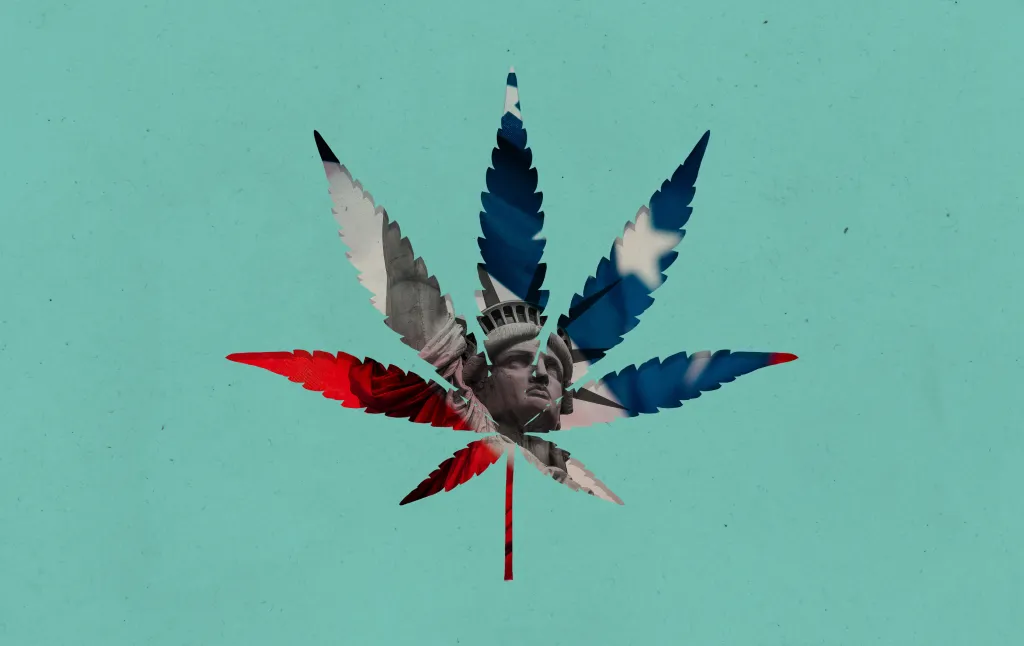By Clark Neily,Noah Hickey
Copyright thedispatch

Even more problematic is the intractable challenge of measuring substitution effects—the ways in which marijuana prohibition may push people toward more dangerous alternatives. Do people drink more alcohol when marijuana is illegal? Turn to prescription drugs for anxiety or pain relief? Use more harmful illegal substances? Some preliminary evidence from legalized states suggests alcohol consumption may decline where marijuana is legal, which would represent a significant public health benefit given alcohol’s well-documented harms. But these effects are nearly impossible to quantify reliably, involve long time lags, and vary dramatically across different populations. Any honest cost-benefit analysis would need to account for these substitution effects, but doing so requires comparing not just the harms of marijuana use against the harms of prohibition, but the harms of marijuana use against the harms of whatever people do instead when it’s illegal—a calculation that quickly becomes prohibitively complex.



